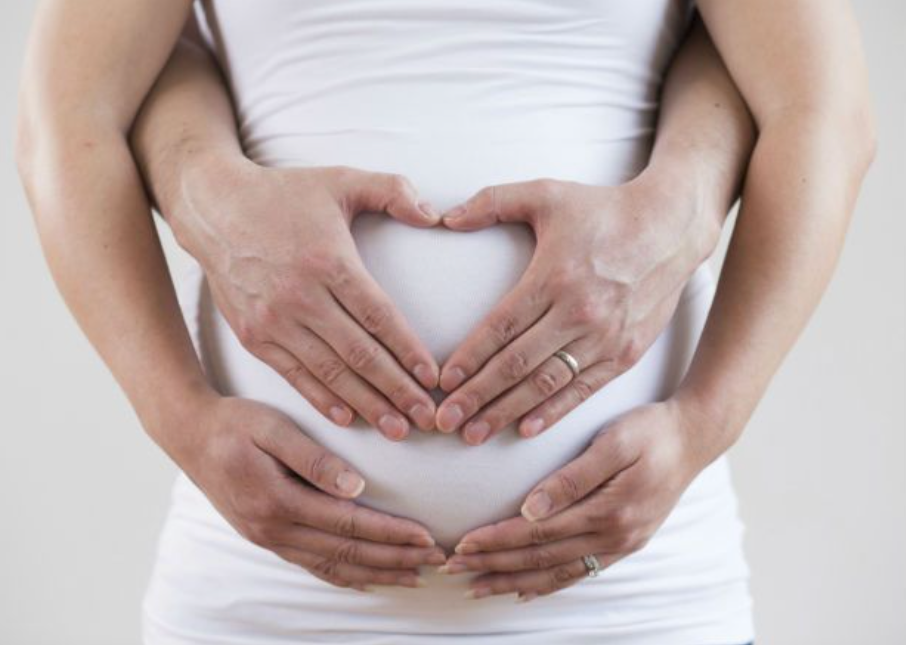With the objective of preventing the traumatic marks from birth, Psychoembryology aims to guide parents, with an emphasis on pregnant women, on the importance of a healthy relationship since the baby’s embryonic period. According to clinical reports, the technique, which is based on physiology, biology, genetics, psychoanalysis and creative visualization, has proven effective even in the period before conception, both for couples who intend to become pregnant and for parents who wish to adopt a child.
With notions about how life originates, desires and cellular memory, ancestry, formation of the psychic apparatus, human percepcion and emotions, Psychoembryology covers the most important principles of the beginning of human life.
It provides guidance on how mothers can manage their pregnancy autonomously, from the pre- to perinatal period and offers techniques and information used by psychoembryologists that help parents bring physically and psychologically healthy babies into the world.
The traumas that arise in the intrauterine experience significantly influence the emotional, family, social and professional path of adult life, and it is important for parents and professionals to be able to carry out an objective intervention in this first period of life, to prevent the formation of blocks and limiting thoughts.
“But what kind of trauma can a baby have in its mother’s womb?”, you might be asking… To understand better, I need to explain how babies feel what their mothers are feeling. Babies receive nutrients and oxygen through the blood they exchange with their mothers. In this exchange, they also receive immunoglobulins, infinitely small particles that pass through the placenta and carry the mother’s hormonal discharge with substances such as adrenaline, glucocorticoids, endorphins and serotonin, among others. These substances are responsible for the organic sensation that emotions and feelings produce in us. Love, joy, pleasure, security and trust, as well as anger, fear, sadness, insecurity and anxiety produce these substances. So when the baby receives them into his body, he feels what his mother is feeling… His mother knows the reasons for her emotions, but he doesn’t.
The baby’s perceptive tendency is for him to “take the blame” for causing his mother “those sensations”, since he doesn’t know that there is a world beyond his own. In this way, if the mother is subjected to intense stress or even minor anxieties but for a long period of time during pregnancy, a trauma may be forming in that little being that is being, which can affect his psicological development through life.
How to prevent this from happening? After all, it is difficult for a pregnant woman to go through this period free from stress of all kinds, such as fear, anger, sadness, pain, etc.
Psychoembryology brings together ideas that will enable a greater understanding of your inner and outer world and how pregnancy and parenting can be enjoyed with quality and hapiness.
(Reference: IBCP, São Paulo)







